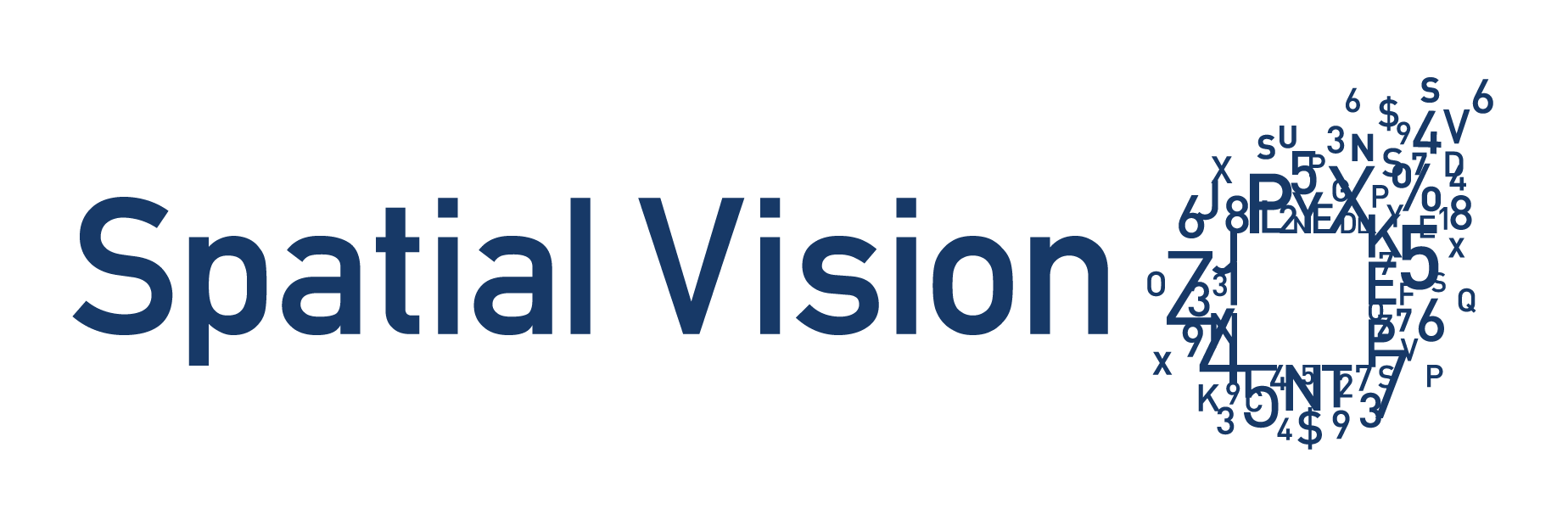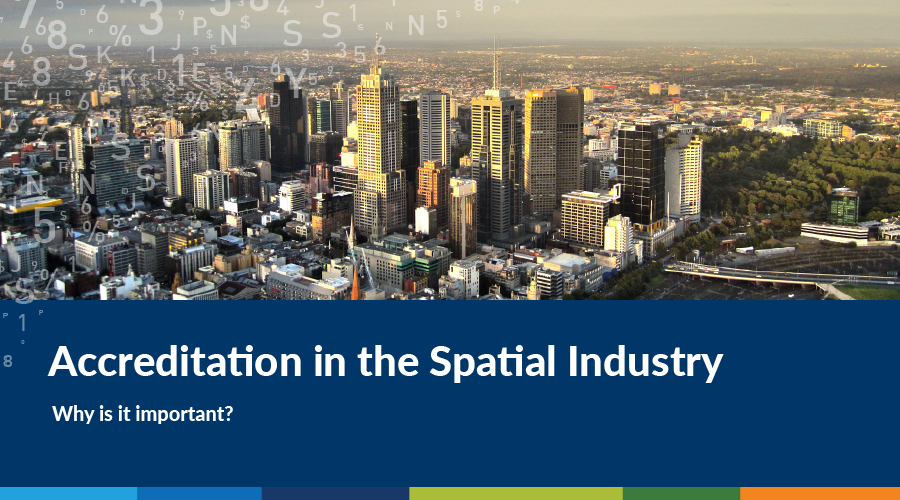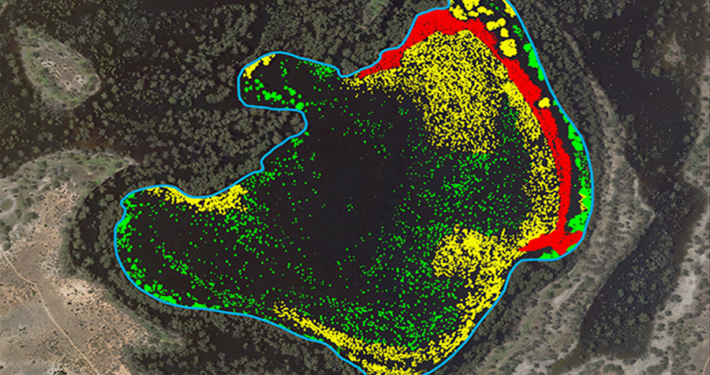As a certified GIS professional I am often asked what the letters “GISP” refer to at the end of my title. My explanation is usually along the lines of “It means I am a certified professional, in my case a Geospatial Information System Professional” and “It also means I am accredited by an independent third-party certification body based in the US but recognised globally.” But the response I receive back can be varied, as they seem somewhat confused as they enquire; but what does that mean and why is it important?
We don’t hold accreditation in the spatial or information technology industry as highly as we do in other industries. This may be justified by safety and regulatory issues faced by those in professions such as nursing or structural engineering. It is an expectation that when you engage a tradesperson, you believe them to be certified in their skill. This not only gives you confidence in their work, but it’s also an issue of safety. Accreditation in any profession is important as it plays a key role within the sector as a whole.
What does accreditation mean?
In short, accreditation demonstrates a professional has the verified proficiency to perform skilled tasks and roles, ensuring the accuracy required in their industry profession. Accreditation gives any client or customer the confidence to know that the person they are requiring specialist services from are skilled and knowledgeable in their industry sector.
Professional accreditation plays an important role in the spatial industry by validating professionals through peer-reviewed evaluation. While academic qualifications are critical in our industry, certification goes beyond training or theory and requires professional real-world experience. Accreditation enables a global standard and minimum expectations. A well know accreditation is the Certified Public Accountant (CPA), a global standard for accounting. This is verified as a profession wide accreditation.
The certification process
The GISP certification requires meeting minimum expectation in four areas:
- Educational achievement
- Professional experience
- Contributions to the profession
- Acceptance of a code of ethics
This application may include providing documents, a portfolio of work and sometimes an exam is reviewed and validated by an independent agency. The professional must demonstrate both their academic and professional knowledge and experience through verified documents or activities which are translated to a point-based system. It means that a highly academic individual with no real-world professional experience, or a person who has worked in the industry for many years but has no academic qualifications or contributions to the profession, will not meet the certification requirements
Each section consists of supporting documentation for the following key areas;
Education: Academic qualifications from a university degree, specialist courses, attendance of conference and workshops.
Professional Experience: Verified proof of employment in the industry, their position and key roles responsibilities.
Contributions to the Profession: Publications, presentations, awards, community events and volunteering.
![]()
Once certified, professionals are required to stay involved within the professional community and leverage networks to supplement their knowledge and experience. Many professional accreditations expire and require you to be recertified. This ensures the individual is update to date and engaged with their industry.
Benefits of being certified
Personal Development and Growth
Certification in the spatial industry not only gives your clients confidence in your skills, but the whole industry benefits from your knowledge and growth. Certification can open up new opportunities in your current workplace by demonstrating to your employer you’re keen to develop your skills and promote the industry further. In my experience I have found that being accredited demonstrates my own ambition and determination to stay up to date on the latest trends and developments in the spatial industry. While it increases efficiency in my workplace, it also empowers me to share my own knowledge and give back to the industry sector and the next generation of GIS analysts and cartographers.
Become the expert in your industry field
Obtaining professional certification can be a great stepping stone to further education. Technology is moving fast, and it will give you a good platform to understand and appreciate new and emerging technology and techniques. Since becoming certified I have found that my skills and experiences were enhanced through further training, enabling me to be an expert in my field. Certification can also add more value to your academic qualifications that may have been obtained many years ago and may not have the same value as they once did.
Next big challenges and advancing your career
Accreditation requires you to think further on your career and challenge yourself by exploring what your industry has to offer. Global certification can set you apart from your peers, and is desirable by large multinational firms. In some jurisdictions around the world it is mandatory to have a certified GISP included in the project team. This was of benefit to me while working in the US where it was common for there to be a certified GISP in the project team to secure US Government projects.
GIS Certification institutes and bodies
For GIS professionals there a couple of certification options available. If you are after an international certification, the agency to obtain your certification through is the GIS Certification Institute (GISCI). The GISCI is a non-profit organisation that provides the GIS community with a complete certification program, leading to GISP® (Certified GIS Professional) recognition.
In Australia, there is the GISP-AP certification. This certificate can be obtained through the Surveying and Spatial Sciences Institute (SSSI). The certification will give you the GISP-AP (Asia Pacific).


As a GISP I am more than happy to share with others the reason I am certified. If you would like more information on accreditation please see https://www.gisci.org/Home.aspx, otherwise contact a local GISP for further details on what GISP could help with your career. View the register of GISP’s
Geoff Williams is a certified GIS Professional since August 2012. Certification number 33680, through GISCI (GIS Certification Institute) Illinois USA. https://www.gisci.org/Home.aspx
For further information, please contact Spatial Vision at info@spatialvision.com.au
- SV Maps Goes Digital - March 12, 2021
- The Importance of Accreditation in the Spatial Industry - October 5, 2018
- Updating the Victorian State Command Centre Wall Map - December 12, 2017






